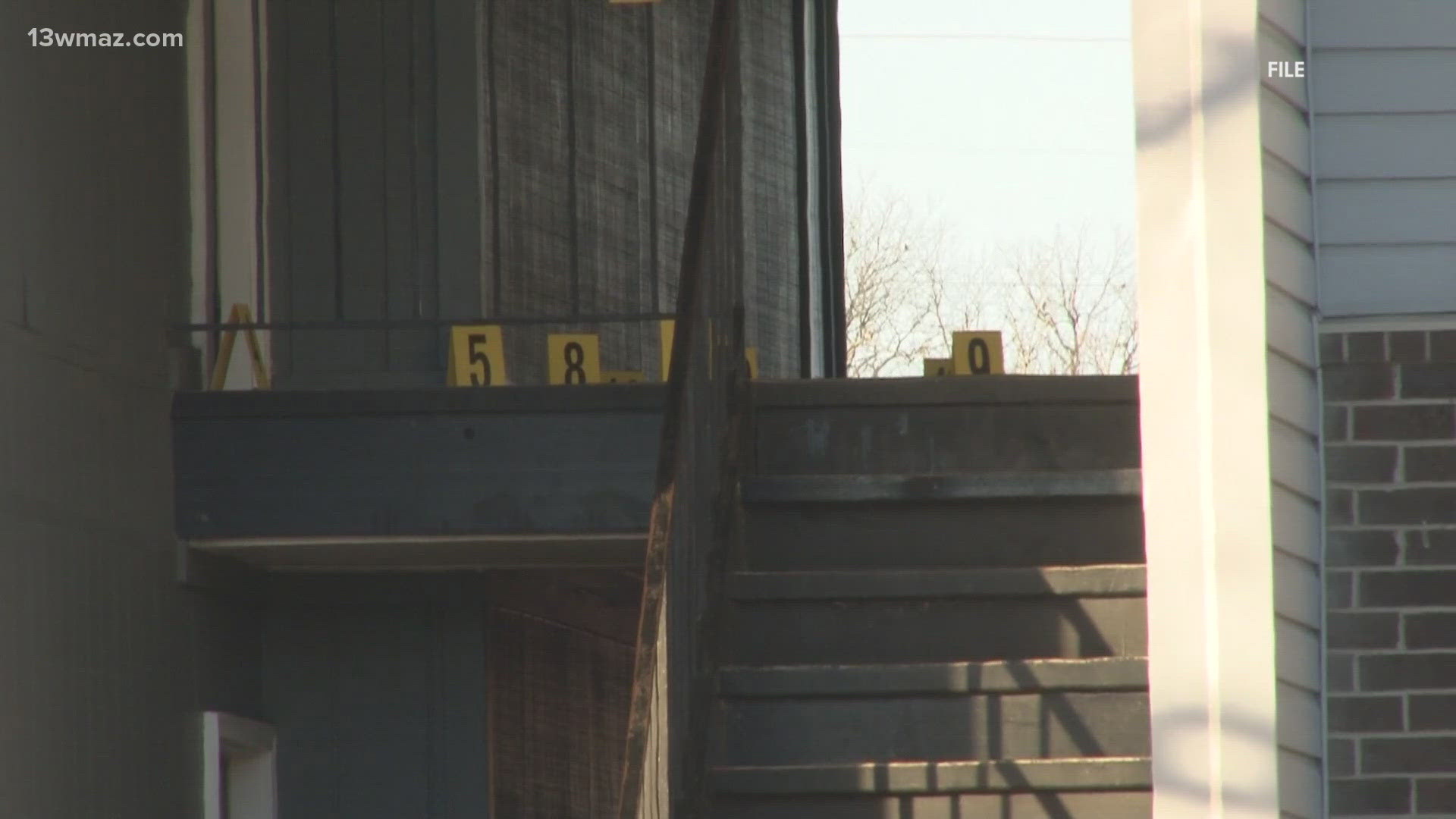FORT VALLEY, Ga. — A man convicted in the killing of a Fort Valley child playing video games in their living room will have to serve the rest of their sentence after the Georgia Supreme Court tossed out his appeal on Tuesday.
In October 2016, Kristian Wipfel was convicted alongside two others — Dennis Eason and Tevin Sams — in the 2015 murder of Jai’mel Anderson, an eight-year-old boy.
They say Anderson lived at the Indian Oaks Apartments in Fort Valley with his mother and her boyfriend, Dejad Williams.
However, Williams had gotten on the wrong side of Wipfel’s associate, Eason.
The court says that Eason, a drug dealer, and Williams were in a dispute over drugs and money.
On Jan. 5, 2015, Eason, Wipfel and three others left a Macon apartment to confront Williams to “get [Eason’s] product or his money back.”
When they arrived at the apartment, Williams was outside with a gun.
According to the court, Eason told Wipfel: “You have to do this for me.”
Wipfel and Sams went to Williams' front door and opened fire into the apartment, striking Anderson who was playing video games in the living room, the court says. He would later die from his injuries.
But in his appeal, Wipfel said that the jury should have had two options when deciding his fate, not one.
Wipfel argues that his actions that night — firing into the apartment — were more aligned with misdemeanor reckless conduct. Because he never intended to kill Anderson, he could’ve been convicted of involuntary manslaughter instead of murder.
The court says that involuntary manslaughter is a valid charge when a person causes someone’s death due to recklessness while committing a crime other than a felony.
However, the justices say Wipfel’s argument falls apart on one main front: Wipfel or his attorney never asked the court to have the jurors consider that charge.
To get his case thrown out, Wipfel had to prove plain error. That test essentially asks whether an obvious error was made that could have changed the outcome of a case.
But according to previous cases, the Georgia Supreme Court found that the alleged error — not giving jurors the opportunity to consider a lesser charge — is not enough to get a case tossed out if neither the prosecutor nor the accused asks for those lesser charges.
Since Wipfel didn't ask the jurors to consider involuntary manslaughter, the judge did not make a mistake in not including involuntary manslaughter as an option.
Because of that, they said there was no error – and no reason to toss out his conviction.
Wipfel is not the first person involved in Anderson’s death to appeal their conviction.
Sams had previously appealed, claiming there was no evidence that he was a party to the crime. But in 2022, the Georgia Supreme Court also upheld his conviction, saying there was enough evidence to convict him.

